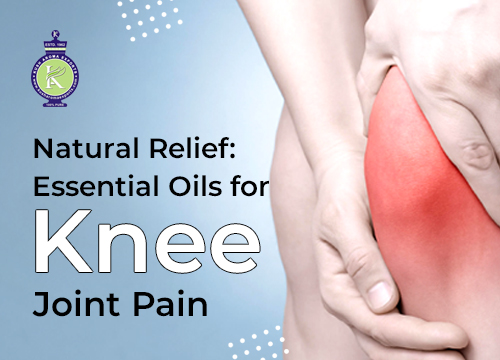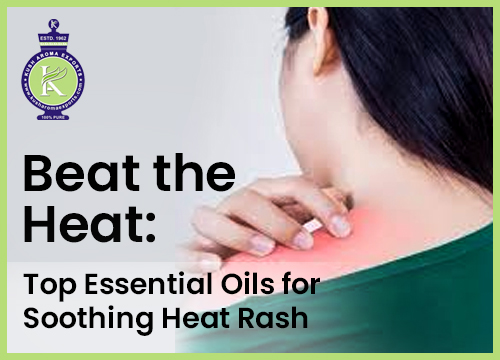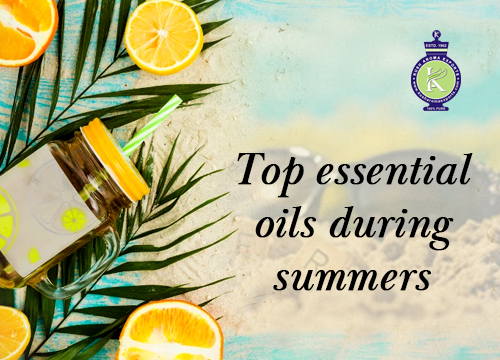In a world where sleep often takes a backseat to our busy lives, finding natural ways to enhance sleep quality can be a game-changer. For many, melatonin, a hormone that regulates sleep, is already a go-to solution. But what if you could amplify its effects with the soothing properties of essential oils? Combining melatonin with the right essential oils can create a powerful sleep aid that helps you unwind and drift into a restful slumber. This blog will guide you through crafting your own DIY melatonin sleep blends, offering tips and recipes to help you enjoy better, more restorative rest. Dive into the world of natural sleep solutions and discover how easy it can be to create your own perfect sleep blend at home.
What Is Melatonin?
Melatonin is a naturally occurring hormone produced by the pineal gland in the brain. It plays a crucial role in regulating the body’s sleep-wake cycle, helping to signal when it’s time to sleep and when to wake up. Melatonin levels typically rise in the evening, making us feel sleepy, and decrease in the morning to help us wake up.
While melatonin supplements are available, incorporating melatonin into your sleep routine through essential oil blends offers a holistic approach to improving sleep quality. Essential oils, with their soothing and therapeutic properties, can complement melatonin’s effects and create a calming bedtime environment.
Benefits of Melatonin Sleep Blends
Before diving into DIY recipes, let’s explore the benefits of using melatonin sleep blends:
Enhanced Sleep Quality: Melatonin can help regulate your internal clock, leading to more consistent and restful sleep.
Natural Approach: Essential oil blends offer a natural alternative to sleep medications, reducing the risk of side effects.
Stress Relief: Many essential oils have calming properties that can help alleviate stress and anxiety, which are common barriers to sleep.
Customizable: DIY blends allow you to tailor the ingredients to your preferences and specific needs.
DIY Melatonin Sleep Blend Recipes
Creating your own melatonin sleep blends is simple and fun. Here are some easy recipes to get you started:
Calming Lavender-Melatonin Blend
Ingredients:
- 10 drops of lavender essential oil
- 5 drops of melatonin essential oil (or a few drops of melatonin supplement added to a carrier oil)
- 2 tablespoons of sweet almond oil (carrier oil)
Instructions:
- In a small glass bottle, combine the lavender essential oil and melatonin essential oil.
- Add the sweet almond oil to the mixture.
- Shake well to blend the oils.
- Apply a few drops to your wrists, temples, or the back of your neck before bedtime.
- Lavender is renowned for its relaxing and sleep-promoting properties, making it an ideal partner for melatonin.
Peaceful Chamomile-Melatonin Blend
Ingredients:
- 8 drops of chamomile essential oil
- 6 drops of melatonin essential oil
- 2 tablespoons of jojoba oil (carrier oil)
Instructions:
- Mix chamomile and melatonin essential oils in a glass bottle.
- Add the jojoba oil and shake well.
- Massage a few drops onto your feet or use in a diffuser before sleep.
- Chamomile essential oil has been used for centuries to promote relaxation and reduce insomnia, making it a perfect addition to your sleep blend.
Tranquil Cedarwood-Melatonin Blend
Ingredients:
- 7 drops of cedarwood essential oil
- 5 drops of melatonin essential oil
- 2 tablespoons of coconut oil (carrier oil)
Instructions:
- Combine cedarwood and melatonin essential oils in a small bottle.
- Add the coconut oil and mix thoroughly.
- Apply a small amount to your pillow or use a diffuser in your bedroom.
- Cedarwood essential oil is known for its grounding and calming effects, which can help create a serene sleep environment.
Tips for Creating Effective Melatonin Sleep Blends
Choose High-Quality Essential Oils: The effectiveness of your sleep blend depends on the quality of essential oils used. Opt for pure, therapeutic-grade oils from reputable sources.
Patch Test First: Essential oils are potent and can cause allergic reactions in some individuals. Perform a patch test before applying any blend to your skin.
Use Carrier Oils: Essential oils should be diluted with a carrier oil to prevent skin irritation. Common carrier oils include sweet almond oil, jojoba oil, and coconut oil.
Store Properly: Keep your essential oil blends in dark glass bottles to protect them from light and maintain their potency.
Consistency is Key: For best results, use your melatonin sleep blend consistently. Incorporate it into your nightly routine to help signal to your body that it’s time to wind down.
Incorporating Melatonin Sleep Blends into Your Routine
To maximize the benefits of your DIY melatonin sleep blends, consider these additional tips:
Create a Bedtime Ritual: Pair your essential oil blend with other relaxing activities, such as reading a book, taking a warm bath, or practicing deep breathing exercises.
Maintain a Sleep Schedule: Try to go to bed and wake up at the same time every day to help regulate your internal clock.
Create a Sleep-Friendly Environment: Ensure your bedroom is dark, cool, and quiet. Consider using blackout curtains, a white noise machine, or an eye mask to enhance your sleep environment.
Conclusion
Creating your own melatonin sleep blends is a rewarding and effective way to improve your sleep quality naturally. By combining melatonin with essential oils known for their calming and relaxation-promoting properties, you can craft personalized blends that suit your preferences and needs. Whether you choose lavender, chamomile, or cedarwood, incorporating these DIY blends into your nightly routine can help you achieve better rest and overall well-being.
For high-quality essential oils and expert blends, explore Kush Aroma’s selection. Our essential oils are crafted with care to ensure purity and effectiveness, making them an excellent choice for your DIY melatonin sleep blends. Visit www.kusharomaexports.com to discover more about our products and enhance your sleep experience today.










